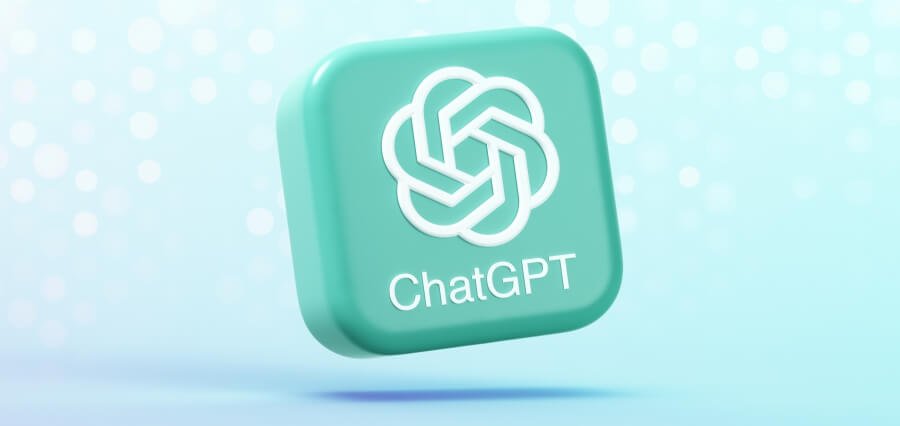Prime Highlights
- OpenAI CEO ChatGPT CEO Nick Turley foregrounded the fundamental role that searching will have to play in propagating AI value with the Google antitrust trial.
- Turley suggested OpenAI could consider taking over Google Chrome browser if divested, attaching a high premium to reach by way of distribution.
Key Facts
- OpenAI utilizes Microsoft’s Bing for hits but is developing its own search index due to quality concerns.
- A possible union of Google’s search capabilities with OpenAI has been turned down by Google before.
Key Background:
At a critical juncture of the US Department of Justice antitrust case against Google, when OpenAI Head of Product Nick Turley was testifying, he explained the role of search in powering the company’s generative AI products. He explained how strong search capabilities are not an afterthought, but are instead a key part of producing on-target, contextually specific responses through ChatGPT.
Turley indicated that OpenAI had already extended an offer to Google to include its search functionality in ChatGPT. Google rejected the proposal. OpenAI currently uses Microsoft Bing for its search function but admitted ongoing dissatisfaction with the quality of results that led the company to develop its own standalone search index. That initiative hasn’t worked as planned, and OpenAI fell behind schedule on its objective of processing 80% of search queries on its own servers by 2025.
Perhaps most notably, Turley indicated that if the court mandates divestment by Google, OpenAI would be interested in acquiring the Chrome web browser. This statement reflects OpenAI’s strategy of expanding its distribution channels to ensure its tools, like ChatGPT, reach users more efficiently and can integrate more deeply into browsing experiences.
This testimony points to deeper conflicts in the technology sector, with a focus on access to data and control over markets. Recent moves by OpenAI, including the public release of ChatGPT Search—an AI-based system that provides cited sources of information in real-time—show that the company hopes to be one of the giants in the world of search.Through the union of chat interfaces and immediate data retrieval, OpenAI intends to redefine user interaction with information on the web and directly take on Google’s longstanding supremacy.
This is the first, in terms of both being a landmark for legal oversight of the technology giants, and in the way new AI businesses like to redescribe the map of digital information.
Read more: Google AI Overviews Slash Organic Click-Through Rates, New Studies Reveal





